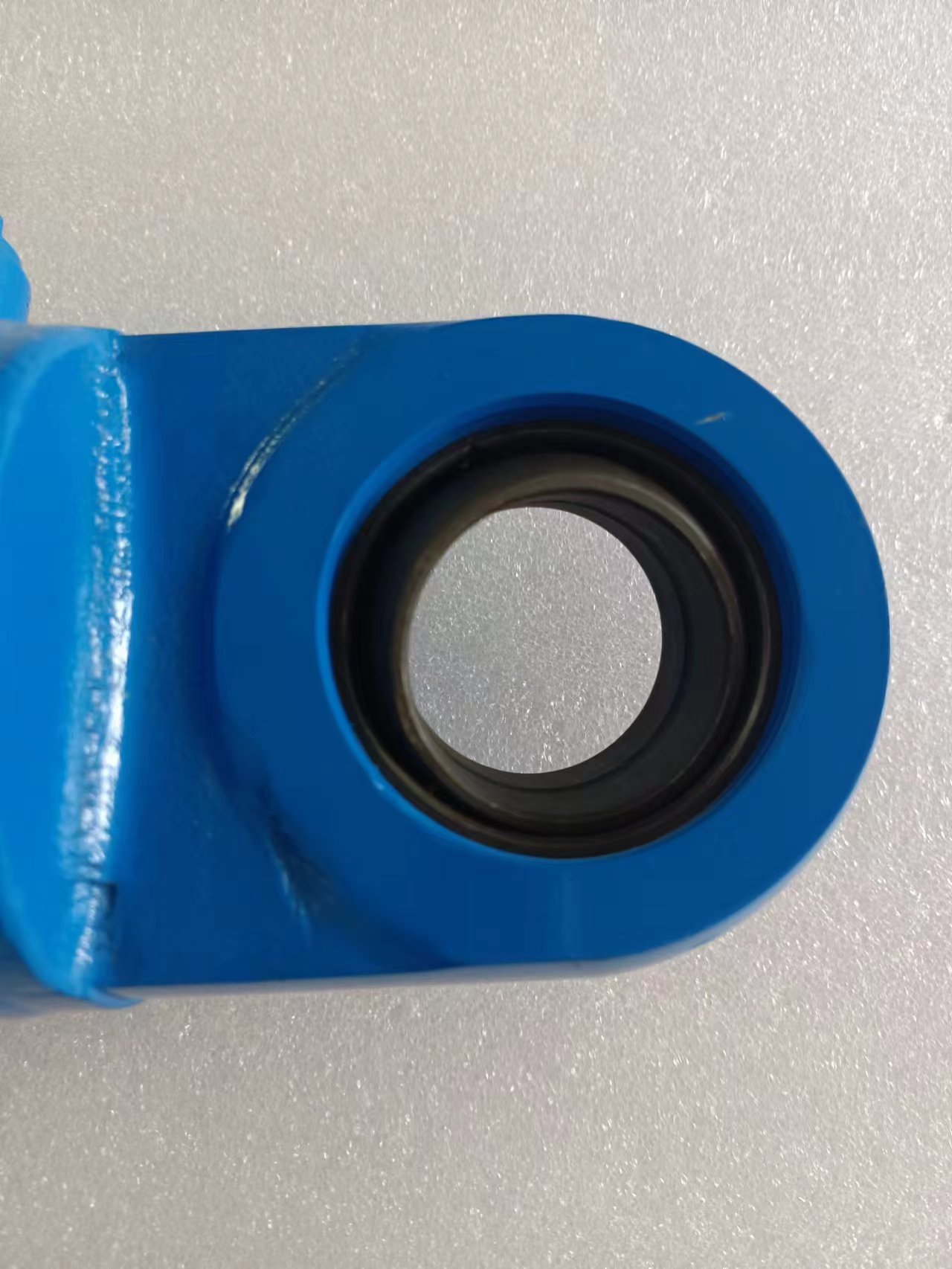Nov . 07, 2024 18:37 Back to list
Electric Hydraulic Power Units for Enhanced Performance and Reliability in Fluid Power Systems
Understanding Electric Hydraulic Power Units An Overview
Electric hydraulic power units (EHPUs) represent a vital component in modern industrial systems, providing reliable hydraulic power through electric means. These units integrate electrical power with hydraulic technology, offering efficient solutions for heavy lifting and precision control in various applications, including construction, manufacturing, and transportation.
What is an Electric Hydraulic Power Unit?
An electric hydraulic power unit is a system that uses an electric motor to drive hydraulic pumps, which generate hydraulic pressure. The essential components of an EHPU typically include an electric motor, hydraulic pump, reservoir, control valves, and hydraulic fluid. This combination allows for converting electrical energy into hydraulic energy, which can then be used to operate hydraulic cylinders and other hydraulic actuators.
Advantages of Electric Hydraulic Power Units
1. Efficiency EHPUs are known for their high efficiency compared to traditional hydraulic systems powered by combustion engines. Electric motors convert a larger proportion of electrical energy into hydraulic energy, reducing energy waste.
2. Lower Emissions By utilizing electricity instead of fossil fuels, EHPUs contribute to lower greenhouse gas emissions, making them an environmentally friendly choice. Many industries are striving to reduce their carbon footprints, and EHPUs can be a part of that transformation.
3. Reduced Operating Costs Although the upfront investment for EHPUs might be higher than conventional hydraulic systems, the long-term savings on fuel costs and maintenance can make them economically advantageous. Electric motors typically require less maintenance than internal combustion engines.
4. Precision Control The integration of electronic controls with hydraulic systems allows for enhanced precision in operations. EHPUs can be easily programmed and controlled, making them ideal for applications requiring fine-tuned movements.
5. Noise Reduction Electric motors operate more quietly than combustion engines, leading to a more pleasant work environment, especially in urban settings or enclosed workspaces. Noise reduction is becoming an important consideration in industrial design.
electric hydraulic power unit product

Applications of Electric Hydraulic Power Units
EHPUs are versatile and can be found in various applications across multiple industries. Here are some common uses
- Construction They are used to power cranes, excavators, and other heavy machinery, providing the necessary force to lift and move heavy materials.
- Manufacturing EHPUs are employed in automated systems for tasks such as stamping, pressing, and material handling, enhancing production efficiency.
- Transportation In the transportation sector, EHPUs can be found in electric vehicles, helping to power hydraulic systems for braking and lifting.
- Aerospace The aerospace industry utilizes EHPUs for various operations, including the actuation of landing gear and wing flaps, where reliability and precision are paramount.
Future Trends
The demand for electric hydraulic power units is expected to grow as industries continue to embrace automation and eco-friendly technologies. Advances in battery technology and renewable energy sources may further enhance the viability of EHPUs, especially in off-grid applications. Additionally, the use of smart technologies and IoT (Internet of Things) integration may lead to smarter, more efficient EHPUs, capable of remote monitoring and real-time adjustments.
Conclusion
Electric hydraulic power units are a testament to the ongoing evolution in hydraulic systems, marrying electric power with hydraulic efficiency. Their advantages, ranging from operational efficiency and reduced emissions to lower noise levels, position them as a favorable choice for many applications. As industries evolve, the significance of EHPUs is likely to increase, paving the way for more sustainable and efficient hydraulic solutions in the future. Understanding their operation and advantages is pivotal for companies aiming to optimize their processes and enhance productivity.
-
Fork Lift Power Units - Hebei Shenghan | Efficiency, Reliability
NewsJul.13,2025
-
1.5-Ton Turbocharged Cylinder-Hebei Shenghan|Hydraulic Solution,Energy Efficiency
NewsJul.13,2025
-
Auto Hoist Power Units-Hebei Shenghan|Efficiency&Industrial Lifting
NewsJul.13,2025
-
Double Acting Power Units-Hebei Shenghan|Hydraulic Solutions,Industrial Efficiency
NewsJul.13,2025
-
1.5 Ton Lifting Cylinder 70/82-40-290-535 - High-Performance Hydraulic Solution | Hebei Shenghan
NewsJul.13,2025
-
Fork Lift Power Units - Hebei Shenghan | Efficiency&Reliability
NewsJul.13,2025
